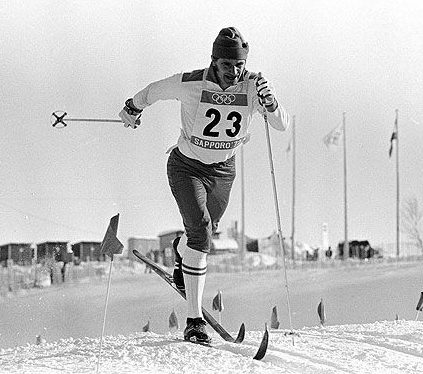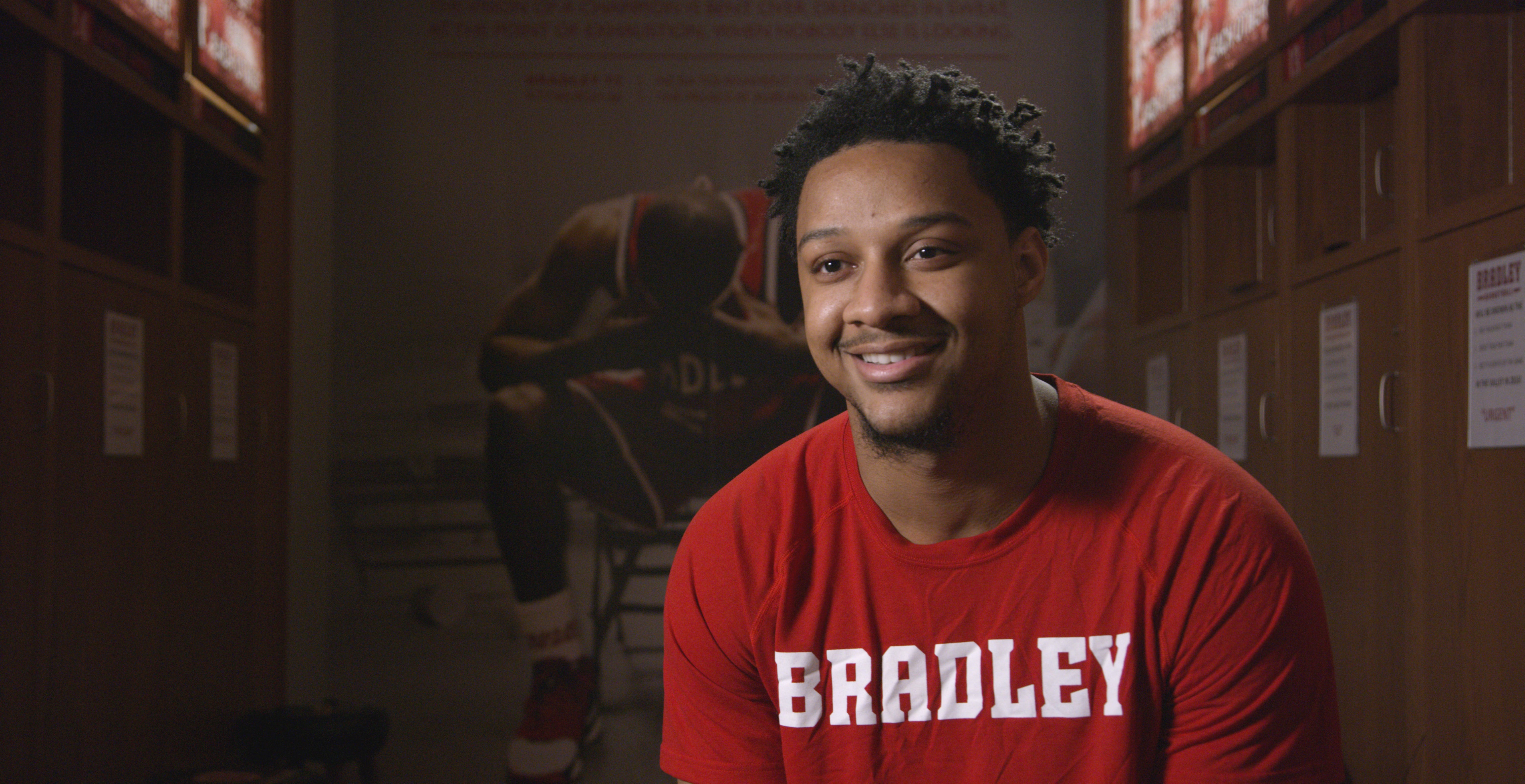Housekeeping
Recap: Murray's argument
- No class Friday. Have a nice day off!
- Changes on syllabus. There is now an RR for Monday.
Recap: Murray's argument
- What’s valuable in sport is natural talent, dedication, and courage.
- As much as possible, what’s valuable in sport should determine who wins and loses.
- When athletes dope, doping can determine who wins and loses instead of natural talent, dedication, and courage. THEREFORE,
- Doping should be prohibited.
Bernard Foddy and Julian Savulescu
“The Ethics of Performance Enhancing Drugs in Sport” EIS 307-320 (or here)
Two ways of reducing cheating:
“The Ethics of Performance Enhancing Drugs in Sport” EIS 307-320 (or here)
Two ways of reducing cheating:
- More surveillance and enforcement
- Change the rules (F&S favor)
Is it absurd to think #2 is a cure for cheating?
Podcast covers many of the other arguments
Jot down points you want to make. There will be time to discuss after the podcast and also on Monday. We will also discuss the points in your RRs.
Podcast notes:
- Q: Doping, yay or nay?
- Is it unethical to allow performance enhancing drugs?
- Should change rules and allow "physiological doping"
- One, zero tolerance has failed --Lance Armstrong and other cases
- Two, zero tolerance creates unsafe environment--no supervision
- Three, zero tolerance gives advantage to rule-breakers
- Four, zero tolerance bad for spectators--they don't know who's doping
- Should be able to move within the normal range
- Current rules stop people from moving within the normal range (or beyond it)
- Red blood cells (hematocrit) -- moving within 40-52 is moving within the normal range
- EPO is not unnatural, but caffeine (legal!) is unnatural.
- WADA shouldn't care how someone got to 50 or 52.
- Current view emphasizes natural ability, but shouldn't (see Murray)
- Q: What should be banned? (6:40)
- Physiological doping (moving within the normal human range) vs. super-physiological doping--they reject the latter but accept the former
- Large doses leads to acromegaly
- Sport itself is risky--much riskier than doping
- So doping doesn't have to be perfectly safe
- But very dangerous forms should be banned
- Shouldn't entirely remove pain from sport, it's dangerous
- But most soccer players are on pain killers
- Q: Please clarify (11:50)
- Not just acquiescing to evil. His view: "Nothing intrinsically wrong with doping." (12:25)
- Sport doesn't have to be a biological test of genetics--that view has Nazi overtones. (compare Murray)
- All kinds of interventions: coaches, strategies, radios...all overcome natural differences.
- Doping is like taking glucose to maximize performance.
- Testosterone enables people to train harder. (Steroids=testosterone)
- Q: If there were more doping, would sport change?
- Yes, but that's fine. (Compare Murray.)
- Current values: sport is a test of pure genetic potential (he rejects)
- Better values: safety, interest of the spectacle, fairness, should remain a "human activity"
- Beta blockers are prohibited and should remain prohibited
- Shouldn't remove fear and pain from boxing, because intrinsic to the sport
- Sports would be better without zero-tolerance
- Caffeine....
- Q: If anything is banned, won't there still be rule breakers trying to get an advantage? (20:30)
- Should put all resources into stopping "super-physiological doping"
- Q: Doesn't allowing doping restrict the freedom of athletes. Everyone will have to do it (27)
- They already have to use hypoxic tents, high altitude training etc.
- There's already coercion to engage in dangerous doping.
- Q: Are you saying sport has to evolve? (30)
- Yes. To be human is to try to be better, to use what you know to improve performance (rough quote)
- Philosophical conservatives are attached to the natural or God-given (see Murray)
- Philosophical liberals (like Savulescu) are not.
Stop at 33.
![Good Sport: Why Our Games Matter -- and How Doping Undermines Them by [Thomas H. Murray]](https://m.media-amazon.com/images/I/51Dez46QMpL.jpg)






























